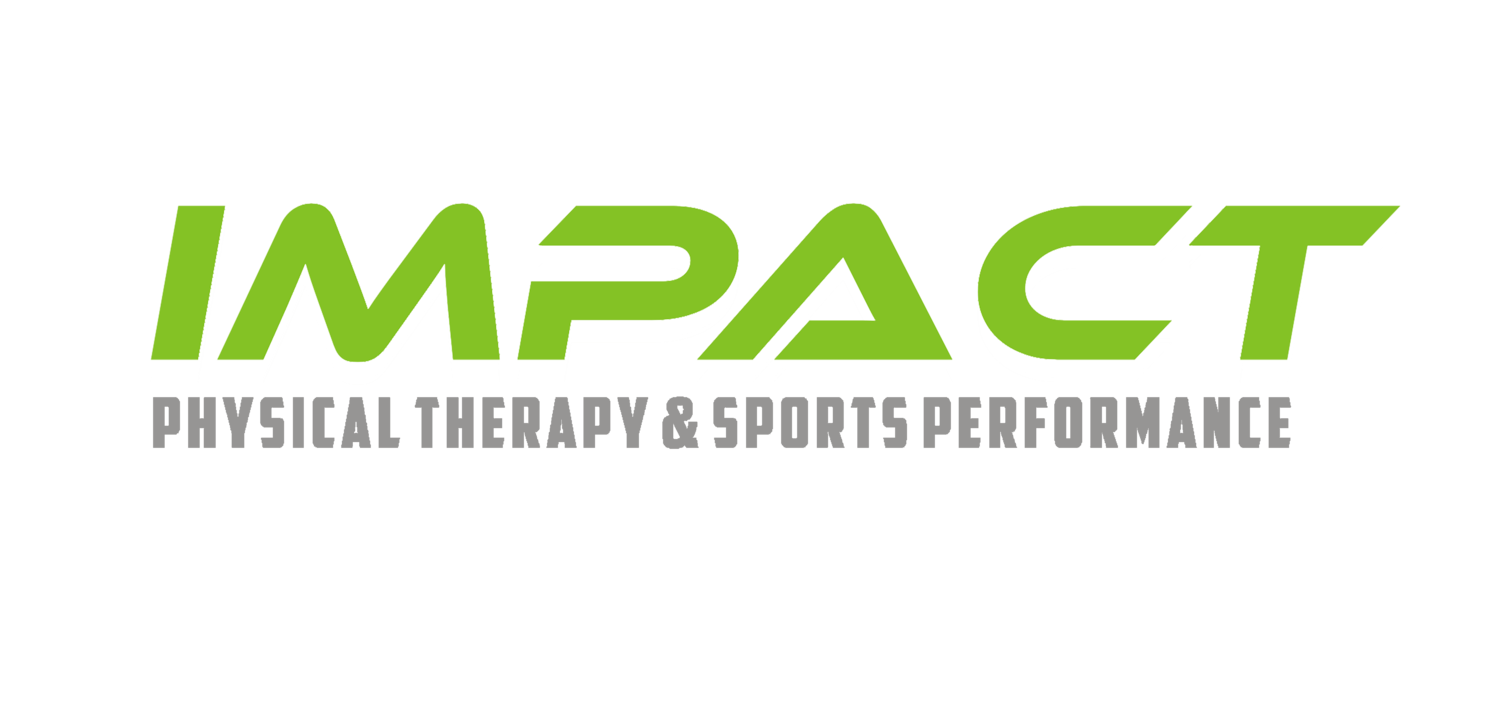The Mind-Body Connection: Other Factors That Affect Low Back Pain
Low back pain is one of the most common complaints among individuals recovering from injury or dealing with chronic discomfort. While physical causes like poor posture or muscle strain are often to blame, psychosocial factors—our mental, emotional, and social well-being—play a significant role in how we experience and manage pain. At Impact Physical Therapy and Sports Performance, we understand the importance of addressing both the physical and psychological aspects of low back pain to ensure holistic healing.
Understanding Psychosocial Factors in Low Back Pain
Psychosocial factors refer to the interplay of psychological and social influences on an individual’s health. In the context of low back pain, these factors can significantly impact the perception of pain, recovery outcomes, and overall quality of life.
Key Psychosocial Factors Influencing Low Back Pain
Stress:
High stress levels can lead to increased muscle tension, especially in the lower back, exacerbating pain.
Chronic stress may also heighten the brain's perception of pain, making even mild discomfort feel more severe.
Anxiety and Depression:
People with anxiety or depression often experience heightened sensitivity to pain due to changes in how the brain processes pain signals.
Negative thought patterns can lead to fear-avoidance behaviors, where individuals avoid physical activity out of fear of worsening their pain, further weakening the muscles and prolonging recovery.
Fear-Avoidance Beliefs:
Fear of movement or re-injury can lead to reduced activity levels, increasing stiffness, muscle deconditioning, and a cycle of chronic pain.
Social Support:
A strong support system can improve motivation and adherence to treatment plans, while a lack of support may contribute to feelings of isolation and hinder recovery.
Work-Related Factors:
Job dissatisfaction, high workloads, or lack of control over work tasks can contribute to chronic stress, which often manifests as physical discomfort, including low back pain.
Breaking the Cycle: Addressing Psychosocial Factors At Impact Physical Therapy and Sports Performance, we believe in addressing the whole person, not just the symptoms. Here’s how psychosocial factors are incorporated into our approach:
Education and Reassurance:
We educate patients about the relationship between their mental state and physical pain, helping them understand that their pain is real but manageable.
Encouraging Movement:
Fear-avoidance behaviors are addressed by gradually reintroducing safe, controlled movements that build confidence and strength.
Mind-Body Techniques:
Stress management strategies such as deep breathing, mindfulness meditation, and relaxation exercises can help reduce tension and pain perception.
Collaborative Care:
For individuals dealing with anxiety or depression, we may recommend working with mental health professionals alongside physical therapy to address the psychological aspects of pain.
Building a Support System:
Encouraging open communication with family and friends and connecting patients with support groups can foster a positive environment for healing.
Low back pain isn’t just a physical issue; it’s a complex experience influenced by the mind, emotions, and environment. By addressing psychosocial factors, you can break the cycle of chronic pain and pave the way for a more complete and lasting recovery. At Impact Physical Therapy and Sports Performance, we’re here to support you every step of the way.
If you’re struggling with low back pain and want a comprehensive approach to your recovery, contact Impact Physical Therapy and Sports Performance today. Let us help you address both the physical and psychological aspects of your pain for a stronger, healthier future.

